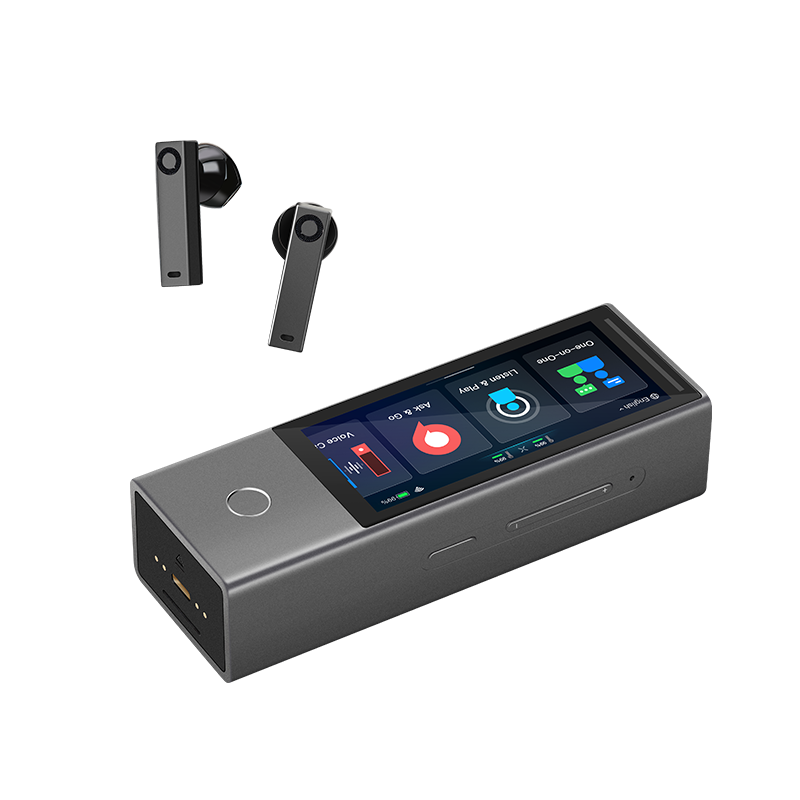
The 7 Essential Responsibilities of Professional Interpreters: Bridging Languages, Cultures, and Understanding
Professional interpreters are the connectors in our global world. They make communication possible between people who speak different languages. From hospitals to courtrooms, these language experts ensure everyone understands each other.
It goes way beyond just translating words. Professional interpreters have to handle complex situations with skill and care. They work under pressure and stay accurate and professional.
Let’s look at the 7 key responsibilities of an interpreter in today’s market.

1. Facilitate Accurate Communication
The most important job of any interpreter is to convey messages between languages. That means listening to what someone says and expressing that exact meaning in another language. Small mistakes can cause big problems.
Interpreters work in many places. They help in business meetings, court cases and medical appointments. Their job is to make sure everyone understands what’s being said.
Related reading: How to Use Translation Earbuds for Business Meetings and International Conferences?
Good interpreters don’t just translate words. They also listen to tone of voice and body language. That helps them convey the full meaning of what someone is trying to say. They have to be fluent in both languages and know how each culture uses language differently.
2. Maintain Confidentiality
Interpreters obtain confidential and sensitive information. They can learn about a person's health status or legal problems. Such information should be kept confidential as part of their professional ethic.
Professional codes of ethics require interpreters to uphold confidentiality for client privacy. This builds trust and makes people feel safe providing important information. Confidentiality violation can destroy an interpreter's career and cause severe damage to clients.
This responsibility means that interpreters cannot discuss their work with friends or family members. They must keep each project secret. It is this professionalism that separates good interpreters from novices.
3. Adapt to Different Settings
Professional interpreters interpret in many different settings each week. One day they might work at a conference on computers. The next, they might be interpreting for a family member at a parents' conference at school.
Each environment requires different knowledge and experience. Medical practice and terminology must be known by healthcare interpreters. Court procedure and terminology must be known by court interpreters. Business interpreters need to learn special business lingo.
Skilled interpreters are able to move between these universes with facility. They learn specialized terminology for each assignment. This versatility makes them a valued asset to clients seeking a reliable language service for changing circumstances.
4. Provide Interpretation Services
Modern interpretation services connect clients with suitable professionals with whom they have particular needs. The services arrange everything from choosing a proper interpreter to scheduling and organizing logistics.
Professional interpretation services offer different services. Some offer simultaneous interpretation for large conferences. Others work on consecutive interpretation for small conferences. The services depend on what is needed by the client.
Quality interpretation services have stringent requirements for the interpreters they employ. They need to verify credentials, provide frequent training, and ensure consistent quality. This professional service gives clients confidence that their communication needs will be taken care of in an effective manner.
5. Manage Cultural Nuances
Cultural understanding is as important as language understanding. Professional interpreters should be aware of when what may make sense in one culture may confuse people in another culture.
Cultures have various ways of expressing ideas, respect, and doing business. What is taken to be politely worded in one language can sound rude when translated word for word. Professional interpreters are sensitive to how they soften their translations based on culture.
For example, some cultures value direct communication while others value indirectness. Interpreters help both sides to understand not just the words, but also cultural meaning of words. This creating a bridge of culture prevents misunderstandings and makes relationships succeed.
6. Stay Up-to-Date with Industry Knowledge
There are different industries and languages from day to day. There is new terminology that surfaces, also technology changes, professional practice. Professional interpreters must continually educate themselves to remain current.
Aside from that, most interpreters become specialists in a certain field like technology, law, or medicine. They also participate in workshops, industry papers, and additional courses. This further training enables them to address newly introduced terms with precise concepts.
Development also includes refining interpretation methodology. Veteran interpreters also train junior interpreters and pass on best practices. This focus on development enriches interpreters with effective service delivery as much as it enriches clients.
7. Handle Stress and Maintain Composure
Working with interpretation is very stressful. The interpreters work under conditions of duress in which errors become guidelines. They work under emergency-medical interpretation mode, trials-legal interpretation mode, or critical business negotiations.
Keeping one's composure while under stress is one of the prerequisites for correct interpretation. Stress generates errors or lack of essential information in interpreters. Experienced interpreters acquire stress-handling behaviors that enable them to concentrate despite stress-intensive tasks.
It is as much a result of training as it is of exposure. The interpreters also receive stress-reduction exercises along with relaxation exercises. They also acquire good mission preparatory habits that also render them less anxious as they pursue active interpretation.
Conclusion
Interpreters have more to do than just translate. They need to communicate accurately, keep confidential and adapt to different professional environments.
The best interpreters combine language with cultural knowledge and professional ethics. They commit to continuous learning and develop mental resilience for tough assignments.
Looking for professional interpretation services? Look for interpreters who demonstrate these 7 key responsibilities. They’ll treat your important communications with the care they deserve.
Ready to connect with interpreters who meet these standards? Contact an interpretation service or using our translation earbuds instead today to talk about your language support needs.
























